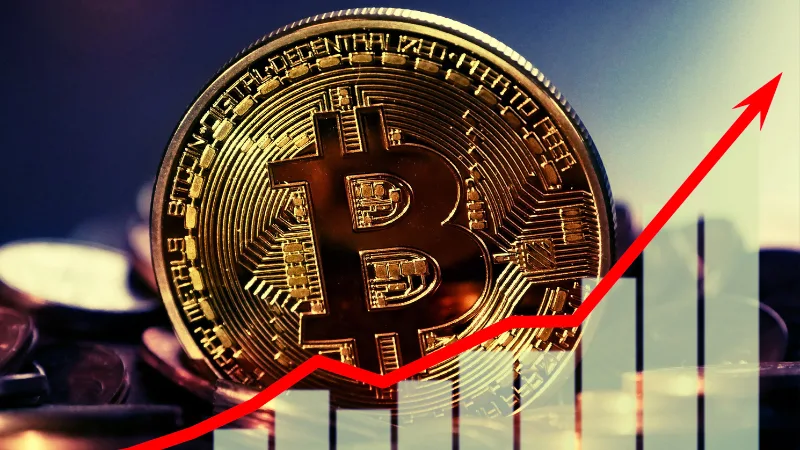Over the past week, Bitcoin’s price has nosedived to around $77,000, rattling crypto markets and spooking investors worldwide. But this isn’t just about Bitcoin. It’s about what this crash signals — and why it could have ripple effects across the entire global economy.
What Triggered the Drop?
The immediate cause: President Trump’s announcement of aggressive new tariffs aimed at China and select European nations. Markets reacted violently. U.S. stock futures sank. Asian markets suffered double-digit losses. And Bitcoin, long touted as a “hedge against economic chaos,” dropped right alongside everything else.
Bitcoin wasn’t immune. In fact, it became collateral damage in a global flight from risk.
So Why Does This Matter?
1. Investor Sentiment Just Took a Major Hit
Bitcoin is often seen as a high-risk, high-reward asset. When it plunges, it signals that investors are growing risk-averse. This shift in sentiment can:
- Trigger sell-offs in other risky assets like tech stocks and altcoins.
- Shake retail and institutional confidence across the board.
2. Billions in Wealth Were Wiped Out
The drop erased billions in paper wealth. That’s not just bad for crypto traders — it impacts the broader financial system, especially as major funds and institutions now have exposure to Bitcoin in their portfolios.
3. It’s a Red Flag for Market Liquidity
When Bitcoin falls sharply, liquidity dries up on crypto exchanges. DeFi protocols can become unstable. Margin calls and liquidations spike. In short, it creates a cascade effect — and sometimes even halts trading.
4. Spillover Into Traditional Markets
Bitcoin used to operate in a financial silo. Not anymore.
- Pension funds, hedge funds, and corporations now hold crypto.
- If Bitcoin drops, it forces rebalancing — selling off other assets to cover losses.
- This can depress stock prices and disrupt overall market stability.
5. A Test of the “Digital Gold” Narrative
Bitcoin is frequently pitched as a safe haven — digital gold. But when it drops alongside stocks and bonds, investors are forced to ask:
“Is this really a hedge? Or just another speculative asset?”
If institutions lose faith in Bitcoin’s role as a portfolio diversifier, it could stall adoption and dampen enthusiasm for broader crypto innovation.
6. It’s Politically Significant
Let’s not forget the timing: this crash came directly after Trump’s tariff escalation. That makes this more than a market story. It’s a political one, too.
What Comes Next?
If this downturn persists, we could see:
- Delayed interest rate cuts by the Fed.
- Heightened volatility across crypto and traditional markets.
- Renewed calls for clearer crypto regulation — especially if more investors get burned.
Bottom Line for Investors
Bitcoin’s price drop isn’t just about crypto. It’s a signal. A signal that markets are nervous, investors are recalibrating, and political risks are now bleeding into financial decisions.
This is a wake-up call: volatility is back, and even so-called safe havens aren’t safe when fear takes over.





